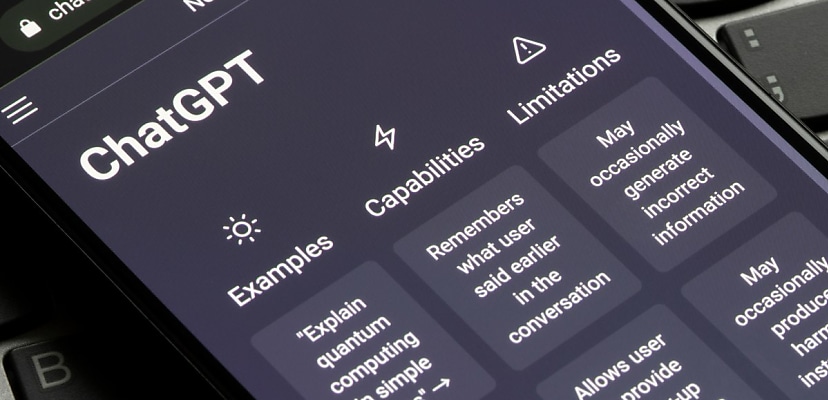Share this article on:
Powered by MOMENTUMMEDIA
Breaking news and updates daily.
Artificial intelligence (AI) has made significant advancements in recent years, revolutionising various industries. One of the most notable achievements is the development of language models like ChatGPT, powered by OpenAI’s GPT-3.5 architecture. These models have the ability to generate human-like text and engage in conversations.
While ChatGPT showcases impressive capabilities, there are a few important aspects to consider. Here are three things you need to know about ChatGPT:
1. ChatGPT’s language generation
ChatGPT is designed to generate text based on the prompts it receives. It excels at understanding context and producing coherent and relevant responses. The model is trained on vast amounts of data from the internet, allowing it to acquire a broad understanding of various topics. However, it’s important to note that ChatGPT doesn’t possess real-time knowledge, and its responses are based on pre-existing information. As a result, it may not always provide the most up-to-date or accurate details, especially when discussing recent events or rapidly evolving subjects.
2. Limitations and biases
While ChatGPT is a remarkable tool, it does have its limitations. It can occasionally produce responses that seem plausible but are factually incorrect. This can be attributed to biases in the training data, which reflect the biases present on the internet. Efforts have been made to reduce biases during the training process, but they may still emerge in the model’s responses. It’s crucial to critically evaluate the information provided by ChatGPT and cross-reference it with reliable sources to ensure accuracy.
3. Responsible use and ethical considerations
AI models like ChatGPT have immense potential, but they do raise ethical concerns. It’s important to use ChatGPT responsibly and be aware of its limitations. As an AI language model, ChatGPT is a tool that should be used to enhance human capabilities rather than replace human judgement. It’s crucial to avoid relying solely on AI-generated responses for critical decision making or situations where human expertise is necessary.
Moreover, there are ongoing efforts to develop mechanisms that allow users to customise AI behaviour within societal limits. This helps ensure that AI systems respect user values while avoiding harmful or malicious use.
ChatGPT represents a significant breakthrough in natural language processing, but while its capabilities are impressive, it’s important to be aware of its limitations and potential biases. Using ChatGPT responsibly, critically evaluating its responses, and cross-referencing information with reliable sources are essential practices.

Be the first to hear the latest developments in the cyber industry.